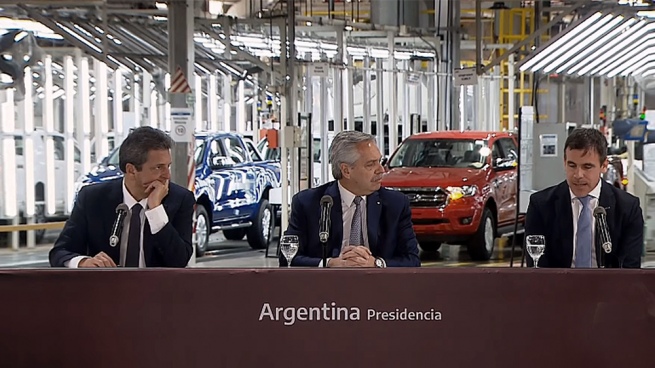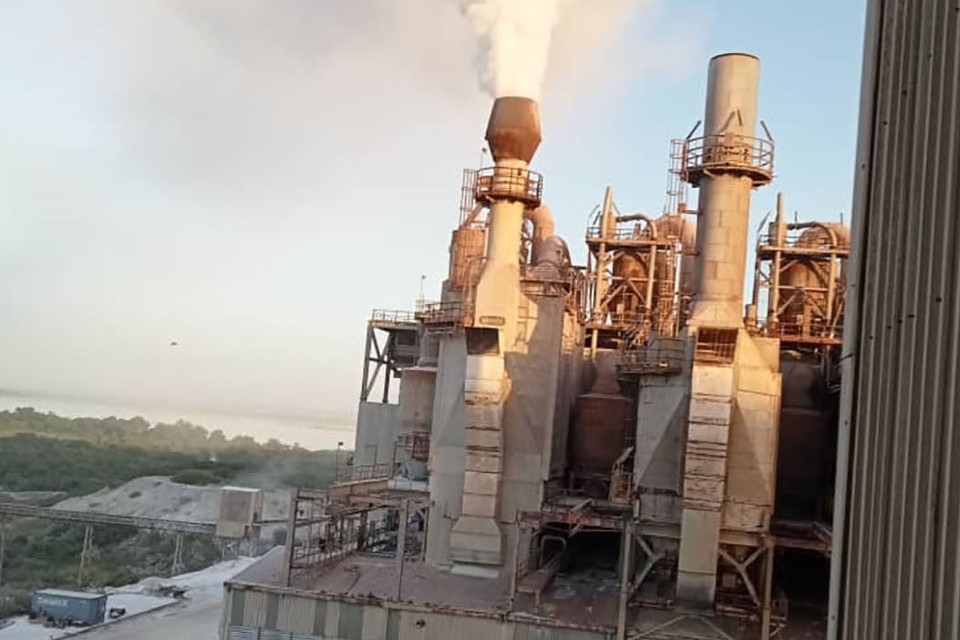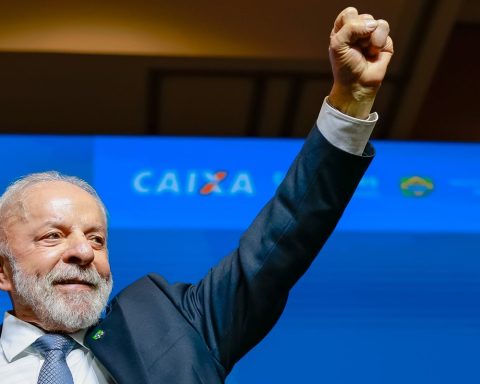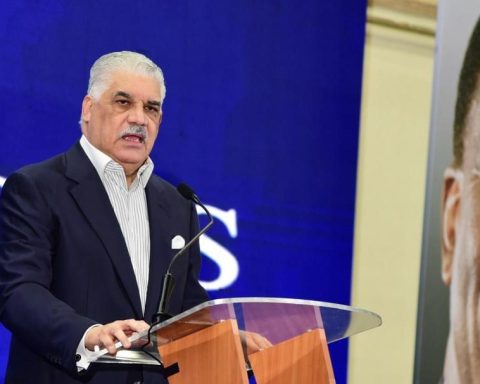President Alberto Fernández maintained that the unemployment rate fell to half of the levels it received when he assumed the Presidency, and stressed that for it to continue to decline, “continuing to support the industry is essential.”
Fernández spoke at a ceremony at the Ford automaker plant in the Buenos Aires town of General Pacheco, in which he pondered that the law to promote the automotive industry was “the result of consensus” from different sectors.
The president led the act in which he promulgated the Law for the Promotion of the Automotive Industry, together with the Minister of Economy, Sergio Massa, and the Secretary of Industry and Productive Development, José Ignacio de Mendiguren.
The rule contemplates tax benefits such as exemption from export rights until 2031 and declares auto parts production a strategic sector.

It also contemplates benefits for automotive investments, such as the early return of the Value Added Tax (VAT), since it establishes that the term will be reduced from six to three years and in the case of the amortization of capital goods it is reduced from five to three years.
The initiative establishes a set of incentive measures aimed at new investment projects that ensure greater production, exports and employment in terminals and auto parts companies, in order to add value from industrial processes.

The rule, in turn, creates two new entities: a program to promote new investments and the Mobility Institute.
The first of the entities includes both capital investments and infrastructure works and benefits both foreign and domestic terminals.
The second strategic axis creates an institute whose purpose is to coordinate the different links of the automotive value chain with the public sector, that of workers and that of technological innovation.


















